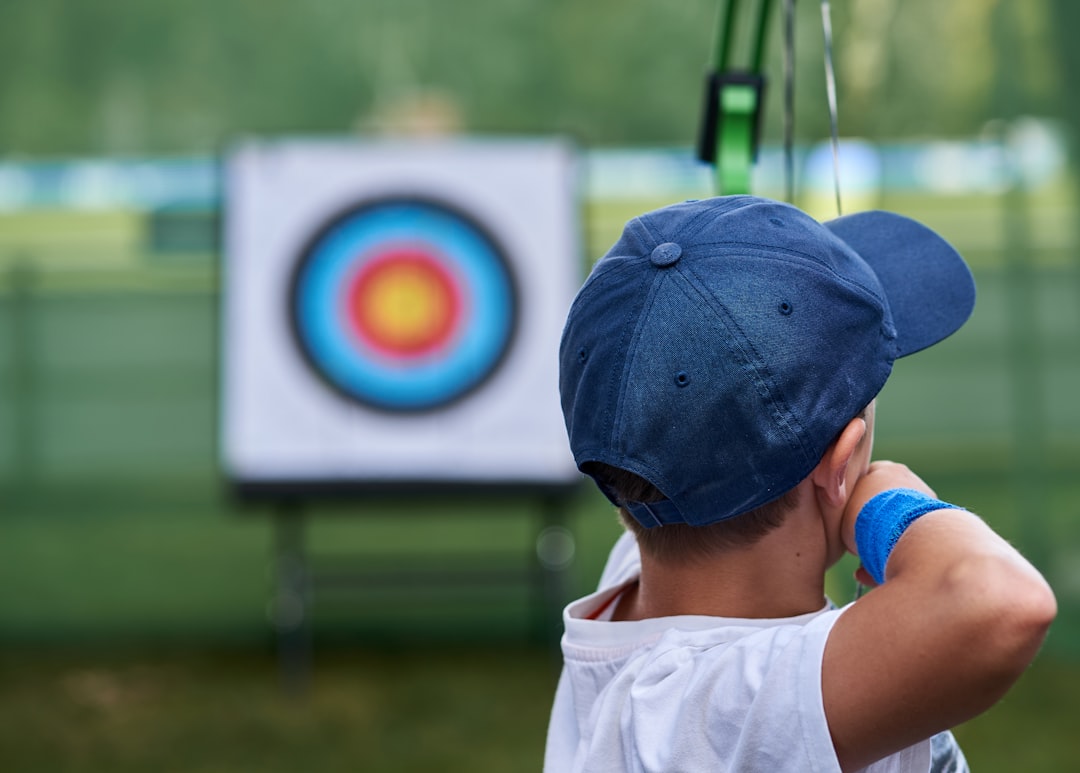What is it about?
One of the ways that young children learn is from books, and children's books are a potentially good way to support science learning. Our research investigates whether young children’s science books are optimally designed to support early learning and how children learn from such books.
Featured Image

Photo by Adam Winger on Unsplash
Why is it important?
We found that many science books for young children are not optimally designed to support learning. Many books include few supportive features, such as examples and questions for children to answer. Fortunately, we also found that when books include more of these supportive features, and the caregivers reading the books use supportive talk, children learn more science information from the books. They also remember more science information one week later.
Perspectives
We hope this work will help other researchers consider how materials with which young children engage (e.g., books and toys) impact children’s learning and seek to identify what types of materials are most supportive of learning. We also hope that parents and teachers will be inspired to read more science books to their young children as books are an important tool to help facilitate early learning.
Hilary Miller-Goldwater
Emory University
Read the Original
This page is a summary of: The influence of books’ textual features and caregivers’ extratextual talk on children’s science learning in the context of shared book reading., Developmental Psychology, November 2022, American Psychological Association (APA),
DOI: 10.1037/dev0001480.
You can read the full text:
Contributors
The following have contributed to this page










